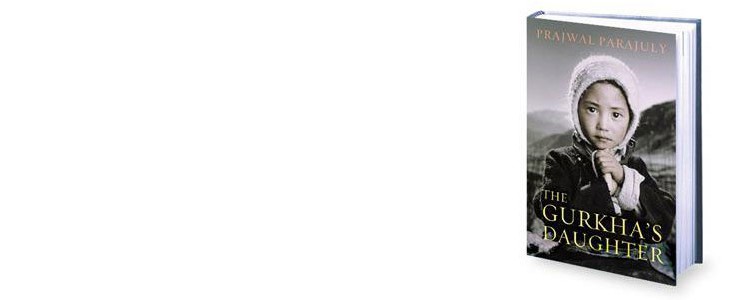
Written from the perspective of a fifteen-year-old Saleha Bandian, How It Happened is about the marriages of elder two siblings, Haroon and Zeba. It is not as simple as it sounds. This is about a conservative Shia Bandian family. The matriarch of the family, Dadi ( or paternal grandmother), is a key player in looking for suitable partners for her grandchildren. The novel has all the masala of any traditional matchmaking, the competitiveness within families to net a good match, especially for the “ripe” girls. It has the drama of the matriarch fainting at the slightest hitch, when events are not going according to her plan, she claims to be “mordren” like the younger generation but is intolerant of marriages across sects, or even a love marriage. She cannot stomach the fact that her beloved grandson wants to get married without taking any dowry.
Shazaf Fatima Haider has sharply and wittily etched the life within Pakistani families (holds true for the Indian sub-continent!), obsessed with looking for a suitable match. She has got the tension between the older and younger generation beautifully, she manages to create empathy with the characters, without really intruding into the space. I truly enjoyed the way she had got the women characters representing diverse viewpoints but how they are confidently and surely managing to strike a balance between the stifling conservative traditions that they are expected to conform to with a newer mindset. It has been a long time since I read a book that made me chuckle and giggle, at times even laugh out aloud. I loved it!
( PS A small editorial oversight. While Zeba waits in Karachi to meet prospective suitor, Gullan from Islamabad, at first it is mentioned as three weeks, but later as three months.)
Shazaf Fatima Haider How It Happened Penguin Books India, 2013. Hb. pg. 316. Rs. 399






